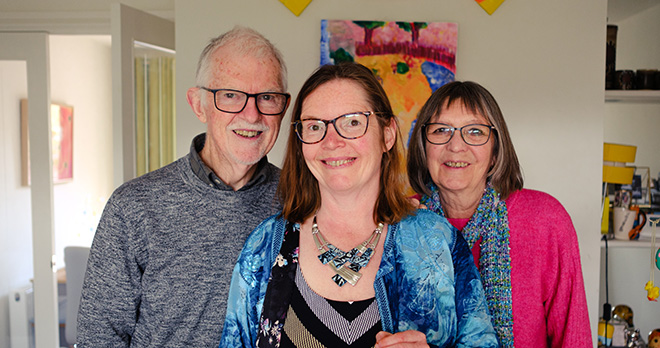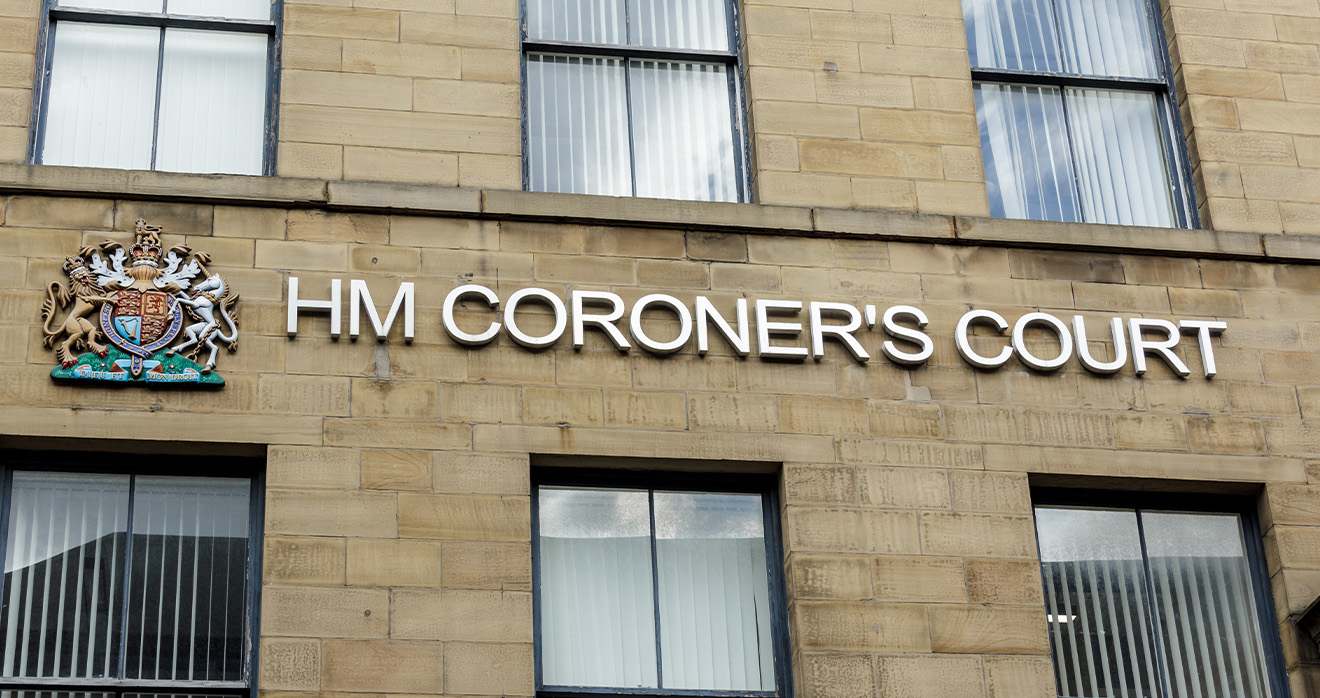The latest on LPA court fees

This article was co-authored by Julie Robertson, Paralegal at RWK Goodman.
Lasting Powers of Attorney (‘LPAs’) are powerful legal documents that enable you to appoint someone as an “attorney” to make decisions on your behalf when you are no longer able to. More information in relation to these can be found here.
The Office of the Public Guardian (‘OPG’) charges a fee for the registration of each LPA. This fee is increasing. Applications received on or after 17th November 2025 will incur a fee of £92 per LPA (which is an increase from the current fee of £82 each). It is advisable to apply for registration well before November if you wish to secure the current fee.
There are exemptions and reductions of the fee if you are in receipt of certain means-tested benefits or on a low income. The reduced fee will also rise from £41 to £46 for those eligible. Further information on this can be found here.
With the rise taking effect on Monday 17th November, we recommend starting the process no later than mid-October. Preparing the LPAs themselves usually takes two to four weeks depending on how quickly documents are reviewed by you, signed correctly by your attorneys and returned to us. The process of registration with the OPG takes around 12-16 weeks to complete.
The modest increase in fee is to help align the income generated from LPA applications with the actual cost of delivering the services provided by the OPG. This is to maintain a reliable and efficient service.
There are two types of Lasting Powers of Attorney:
Property & Financial Affairs
These enable your attorney to assist you in managing your property and financial affairs which includes operating your bank accounts, paying your bills and selling your property or investments. You must have at least one attorney but there is no limit to the number you can have.
As well as being able to make these decisions if you have lost capacity, your attorneys can – with your permission – act on your behalf in relation to property transactions and other financial matters. This can be helpful if you are unwell, lack mobility or even away on holiday for a period of time.
Your attorneys should always act in your best interests, treat you as though you have capacity (if you have lost capacity) and follow strict guidance as set out by the court. Further guidance on how to be a property and finance attorney can be found here.
The risk of not having an LPA in place (especially in terms of managing your property and financial affairs) is that if you lose capacity and are no longer able to make decisions for yourself, your family and friends will also legally not be able to make these decisions for you without applying to the Court of Protection for a ‘deputyship’ to regain control of your affairs, which is costly, complicated and time-consuming. This process usually take an average of up to 12 months, during which your assets are frozen. By making an LPA you have peace of mind that your attorneys will be ready and able if and when needed.
Health & Welfare
This LPA usually involves appointing close family or friends to make decisions regarding medical treatment and your care when you are no longer able to do so yourself. You may have lost the ability to make decisions through illness (such as dementia or Alzheimer’s Disease) or be unconscious.
This may involve making a decision about life sustaining treatment, cancer treatment, consent to an operation, where you live, who you live with, your daily routines, who visits you, organising care assessments, personal care and so on. It is recommended that you have an open discussion with your attorneys about your wishes and more importantly what you do not want. They are your voice when you are no longer able to express your views. Keeping them updated on your wishes is vital too, as you may change your mind.
If you are deemed to have the capacity to still make health and welfare decisions, you will continue to do so and cannot delegate. When and if it is determined that you do not have mental capacity to make a specific decision, then your nominated attorneys can then make these decisions for you. Further guidance on how to be a health and welfare attorney can be found at here.
If you have lost capacity and are no longer able to make decisions in relation to your health and welfare wishes, whilst family will be consulted in relation to treatments etc, without the LPA in place the overriding decisions will be made by the professionals managing your care / treatment. An application can be made to the Court of Protection again for a health and welfare ‘deputyship’ but again these are costly, expensive and time consuming and the court may not give permission to make all health and care decisions (unlike with an LPA).
All applications received on or after 17th November 2025 will incur a fee of £92 per Lasting Power of Attorney (which is an increase from £82 each).
More services related to this topic.
More articles related to this topic.
View more articles related to Capacity, Care and Court of Protection, Private Client and Wills, Trusts and Estates










